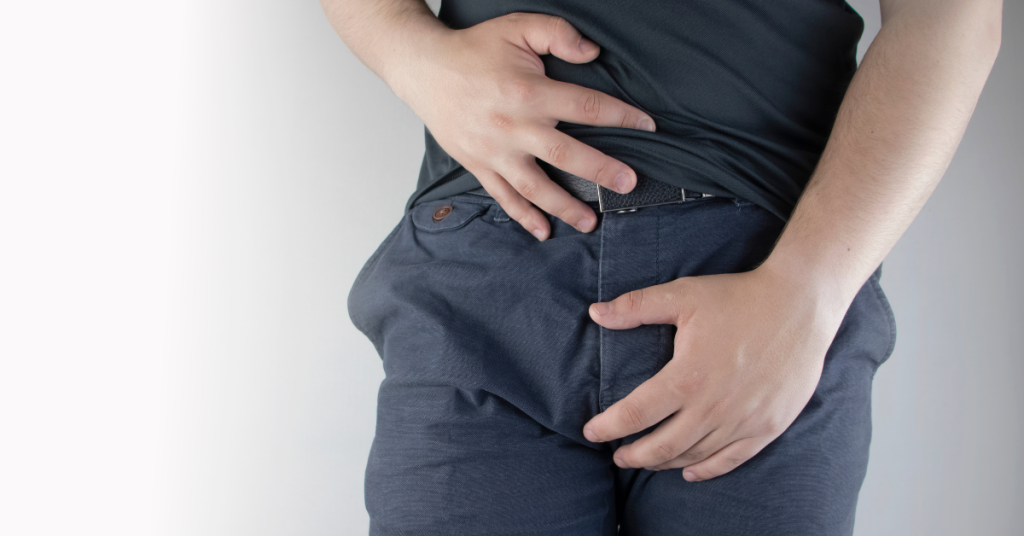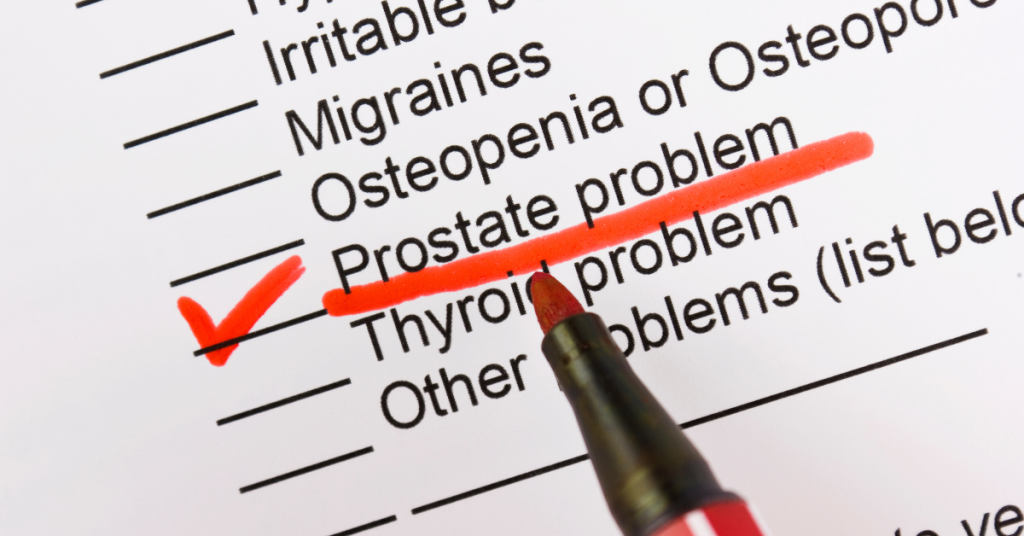Frequent urination is a common concern that many people experience at various points in their lives. It can be inconvenient, disruptive, and sometimes even embarrassing—especially when it interferes with daily routines or sleep. But is it always a cause for concern? The truth is, your bladder might be trying to communicate something important about your health. Understanding the causes, symptoms, and potential implications of frequent urination is the first step toward knowing whether it’s normal or something worth investigating further.
What Is Considered Frequent Urination?
On average, most people urinate about six to eight times a day. However, this number can vary depending on how much fluid you consume, your level of physical activity, and your individual health conditions. If you find yourself needing to urinate more than eight times in a 24-hour period—and especially if you’re waking up multiple times at night (a condition called nocturia)—it may be considered frequent urination.
When Is Frequent Urination Normal?
Frequent urination isn’t always a sign of an underlying health issue. There are several normal scenarios where this might occur:
1. Increased Fluid Intake

If you’ve been drinking a lot of water, coffee, tea, or other fluids, it’s natural that you’ll need to urinate more often. Caffeine and alcohol are also diuretics, which stimulate the kidneys to produce more urine.
2. Pregnancy

During pregnancy, hormonal changes and the growing uterus pressing on the bladder can cause frequent trips to the bathroom.
3. Cold Weather

Cold temperatures cause blood vessels to constrict, which can lead to cold diuresis—a natural increase in urine production to reduce blood volume.
In such cases, frequent urination is a temporary response and not a cause for concern.
When Should You Worry About Frequent Urination?
If your frequent urination is persistent, accompanied by other symptoms, or interferes with your quality of life, it might signal an underlying health issue. Here are some red flags to look out for:
- Pain or burning sensation during urination
- Blood in urine
- Urinary urgency (a sudden, strong urge to urinate)
- Inability to fully empty the bladder
- Fever, chills, or lower back pain
- Unexplained weight loss or fatigue
These signs warrant a visit to a healthcare provider for proper diagnosis and treatment.
Common Causes of Frequent Urination
Several medical conditions can lead to frequent urination. Some of the most common include:
1. Urinary Tract Infections (UTIs)

A UTI is one of the leading causes of frequent urination in women. It occurs when bacteria enter the urinary tract, causing inflammation. Along with frequent urination, you may feel burning while urinating and a strong urge to urinate even when your bladder is nearly empty.
2. Overactive Bladder (OAB)

This is a condition where the bladder muscles contract involuntarily, leading to a sudden urge to urinate—even if the bladder isn’t full. OAB can be caused by nerve signals that misfire between the bladder and the brain.
3. Diabetes

Frequent urination can be an early sign of both Type 1 and Type 2 diabetes. High blood sugar levels lead to excess glucose in the blood, which pulls fluid from tissues and increases urine production to flush the excess sugar.
4. Diuretic Use

People taking diuretic medications for high blood pressure or heart conditions may experience increased urination as the drugs help remove excess sodium and water from the body.
5. Bladder or Kidney Conditions

Bladder stones, interstitial cystitis, and kidney infections can all result in frequent urination. These conditions usually present with other symptoms like pain or discomfort.
6. Prostate Problems

In men, an enlarged prostate (benign prostatic hyperplasia or BPH) can press against the urethra, causing incomplete bladder emptying and frequent urination.
Diagnosing the Cause
If you’re dealing with persistent frequent urination, your doctor may recommend:
- Urinalysis: To check for infection, blood, or glucose
- Bladder diary: Tracking how often and how much you urinate
- Ultrasound or imaging tests: To view the bladder and kidneys
- Cystoscopy: A procedure that allows your doctor to look inside the bladder
These tests help narrow down the root cause and guide treatment.
Managing and Treating Frequent Urination
Treatment depends on the underlying cause. Here are some general strategies:
1. Lifestyle Modifications

- Limit caffeine and alcohol: Both can irritate the bladder
- Reduce evening fluid intake: To reduce nighttime urination
- Bladder training: Gradually increasing the time between bathroom visits can help train the bladder to hold more urine
2. Medications

If caused by an overactive bladder or prostate issues, medications like anticholinergics, beta-3 agonists, or alpha-blockers may be prescribed.
3. Medical Treatments

Conditions like UTIs require antibiotics, while diabetes management may involve insulin or oral medications. Surgery may be necessary in severe cases of BPH or bladder stones.
4. Pelvic Floor Exercises

Kegel exercises can strengthen the muscles that support the bladder, helping reduce urgency and frequency, especially in women.
When to See a Doctor?
You should consult a healthcare professional if:
- Frequent urination lasts more than a few days
- It is accompanied by pain, fever, or unusual discharge
- You are pregnant and experiencing sudden changes in urination
- You have a history of diabetes, kidney, or bladder problems
Timely medical evaluation is essential to avoid complications and restore normal bladder function.
Final Thoughts: Listen to Your Bladder
Your bladder is more than just a storage tank for urine—it’s a key player in your body’s overall health. While occasional frequent urination is usually harmless, persistent or uncomfortable changes in your urination patterns shouldn’t be ignored. Whether it’s a simple issue like drinking too much coffee or a more serious condition like diabetes or a urinary infection, your bladder might be trying to tell you something important.
Understanding your body’s signals and seeking medical advice when needed can help you stay on top of your health and ensure peace of mind. So next time you’re making your fifth bathroom trip in a few hours, take a moment to ask yourself: is my bladder trying to tell me something?
